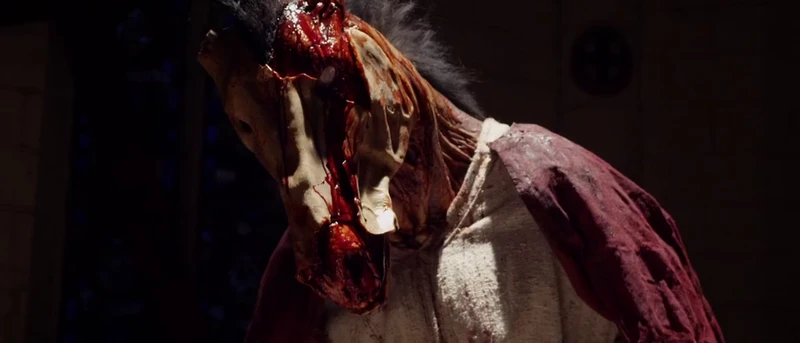Horsehead (2014)
| director: | Romain Basset |
| release-year: | 2014 |
| genres: | horror |
| countries: | France |
| languages: | English |
Finally, a film about murder-horses.
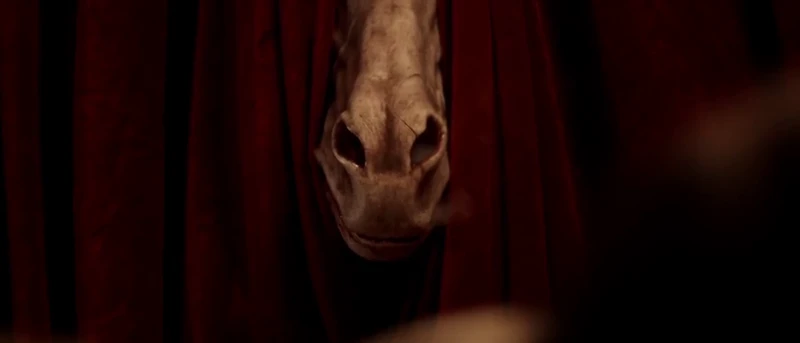
Or not really. Opens strong, anyway, with a creepy murder-horse stalking a semi-distressed girl in a nice red velvet boudoir. Using nothing but framing and facial expressions, it clearly indicates that the girl is experiencing sleep paralysis during a semi-lucid nightmare. The clashing luxurious and grotesque imagery accurately sets the scene for what is to come.
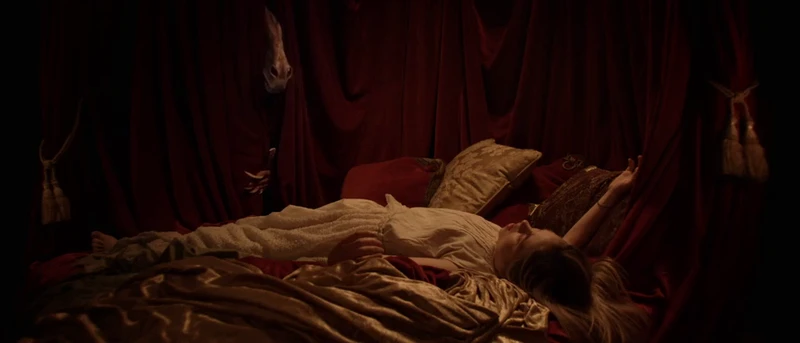
The girl, Jessica, wakes up and goes to visit her semi-estranged mother and step-father (played by Murray Head, writer of the song One Night in Bangkok from the Swedish musical Chess) for tenuously justified reasons regarding her also-estranged grandmother's death. She and her mother don't get along at all, while her step-father seems like a swell guy.
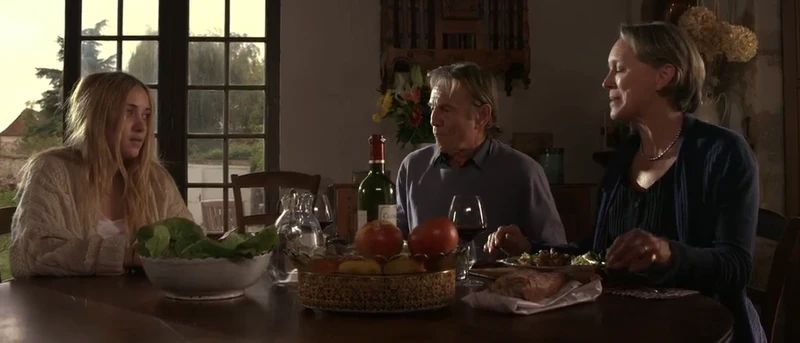
The girl has a French accent, her parents have British accents, and the parents live in a nice manor in the ridiculously idyllic town in what looks like probably France.
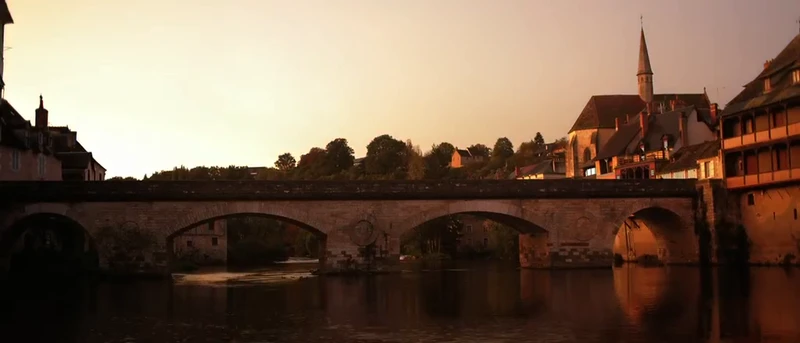
And they have a servant. Or gardener? It isn't explained who this deep-voice dude is, and his purpose will not become any more clear by the end of the film. (IMDB says he has been in hundreds of films, including some James Bond things and Indiana Jones.)
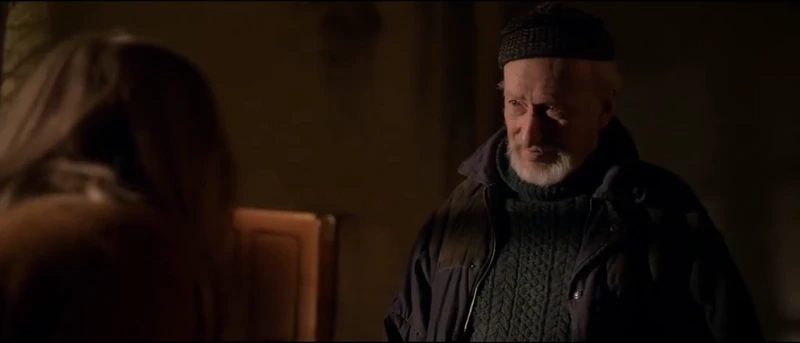
They explain some nonsense about how she is majoring in lucid dreaming under some dream study professor. That can't be a real field. But it gives a really quick justification for why 90% of this film will take place in a Nightmare on Elm Street horror dreamscape.
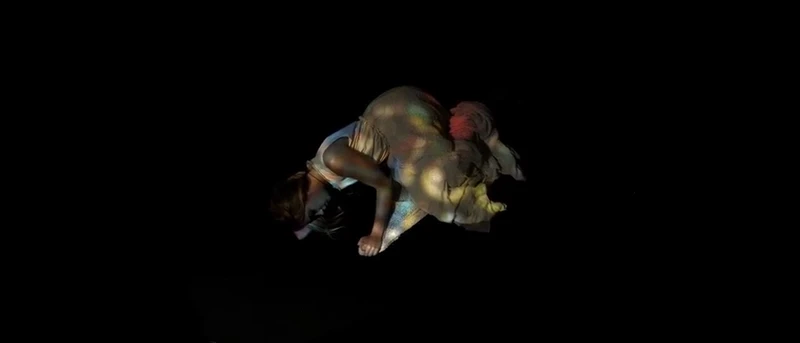
An acceptably executed voice-over mentions something about horses in dreams either representing mothers, or being harbingers of death. Well, why not both?
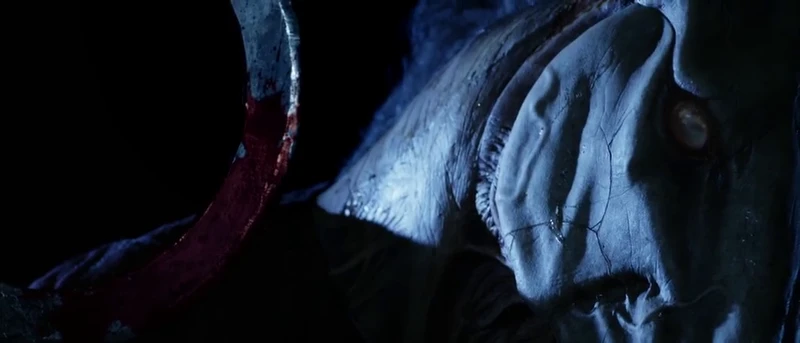
Whenever we're not in dreamland, the dialog is unbelievable, the delivery comes off as forced and unnatural, and the plot feels like a minimal artificially constructed device to justify getting to whatever the next crazy dream scene might be. Thankfully, we don't have to suffer through too much of it, since she's always knocking herself out to get back to sleep.
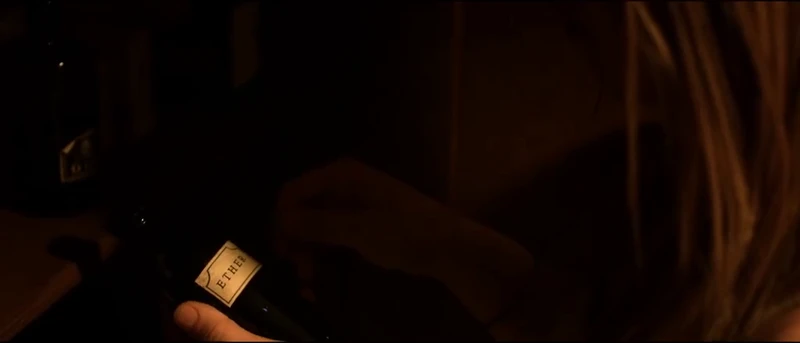
The house has a poorly explained lack of functional lighting. A cheap trick to film it all in creepy dim lights, perhaps, but forgivable since the lighting is probably the single best element of the film. They are constantly experimenting with the location, intensity, color, angle, and movements of the lighting, and it is an absolute joy from start to end. The lighting is paired with a really nice electronica soundtrack, which keeps a cool high-tempo brooding mood going without being too distracting.
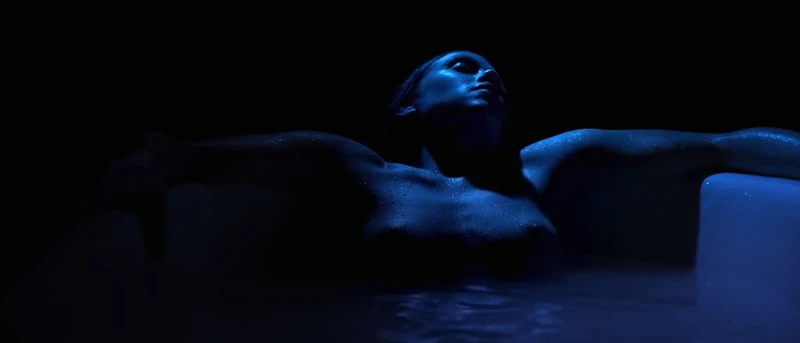
The waking-world tensions between Jessica and her mother are mirrored in her nightmares, and the waking and dream worlds swiftly mingle into a when-is-it-dream-when-is-it-not mix of gorgeous and surreal audio-visual madness. The experimentation with cinematography is firmly in the driver's seat, with a little Scooby Doo mystery plot thread sitting in the back, helplessly trying to be relevant.
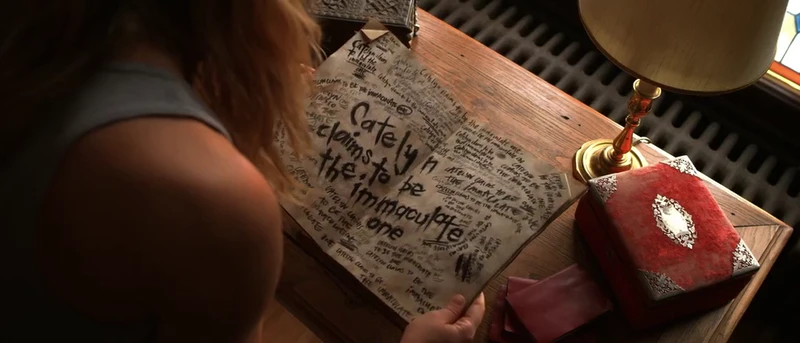
There is a boatload of recurring imagery: horses, keys, metronomes, churches and priests, bathtubs, wolves, and needles. There might be some grand unified artistic vision behind it all, but it's mostly lost on me. Visually powerful, yes, but it doesn't come together into anything cohesive.
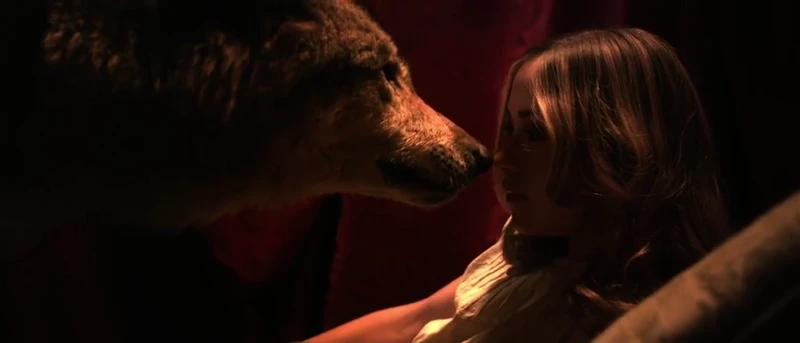
The mystery investigation leads into a story of a hack-job abortion, an unwanted miracle birth, and, ultimately, some sort of surreal rebirth and/or death.
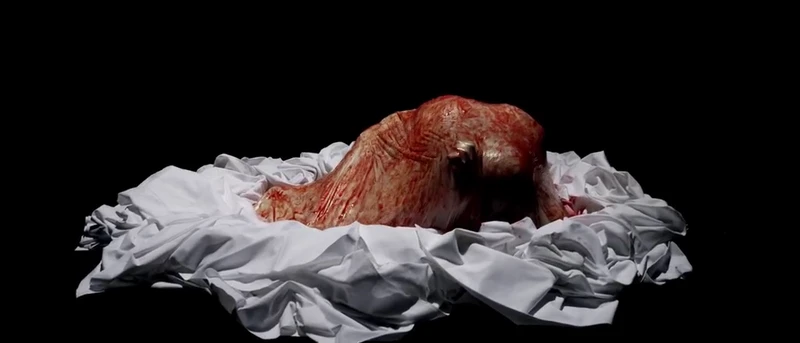
The directing style reminds me quite a lot of Darren Aronofsky's Pi. Tightly-framed off-kilter visuals shaking, tilting, and swirling, with fast-paced disharmonic audio and dramatic, dynamic lighting. Aronofsky was obsessed with the front-facing unstabilized camera shots, while Romain Basset's go-to technique here is a spinning light source, causing strong shadows to swirl wildly around Jessica's face.
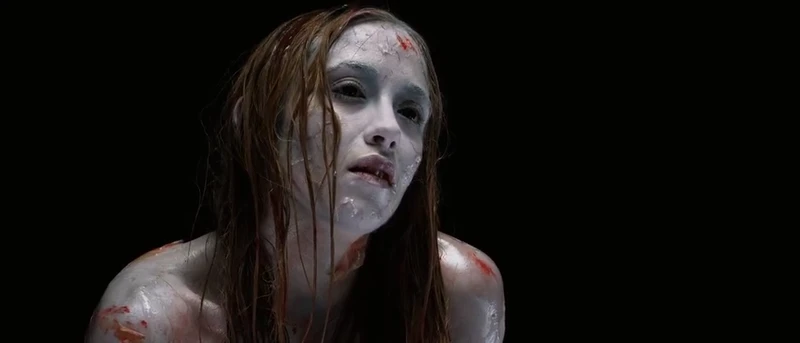
The ending is lost on me. Sword battles and chases and glowing doors and screaming parents and demon birth and all sorts of madness that seems exciting, and yet it feels like it just peters out into nothing of substance.
